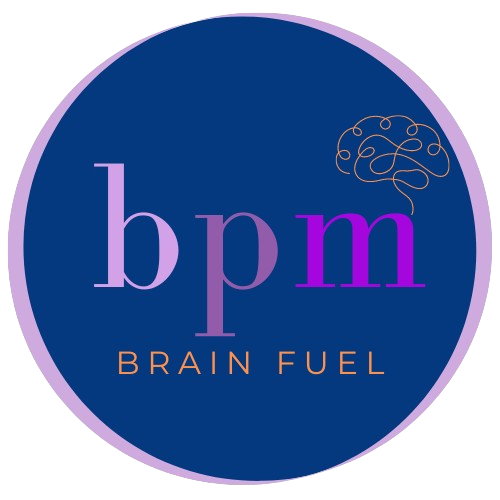A Holistic Approach to HR Metrics

Measuring What Truly Matters: A Holistic Approach to HR Metrics
By Yvonne Rickert
In the realm of Human Resources, measuring success goes beyond mere numbers on a spreadsheet. While traditional metrics like turnover rates and employee satisfaction surveys provide valuable insights, they often fail to capture the full spectrum of factors that contribute to organizational success. In this blog post, we'll explore the importance of taking a holistic approach to HR metrics and delve into how to measure what truly matters in today's dynamic workplace.
1. Beyond the Numbers: Embracing the Human Element:
In a data-driven world, it's easy to get caught up in quantitative metrics and lose sight of the human element behind the numbers. While metrics such as revenue per employee and time-to-fill positions are undoubtedly important, they only tell part of the story. True success lies in understanding the impact of HR initiatives on the well-being, engagement, and growth of employees. By embracing qualitative measures such as employee feedback, retention rates, and culture assessments, HR professionals can gain deeper insights into what truly matters to their organization's success.
2. Aligning the Metrics with Organizational Goals:
Measuring what really matters requires a keen understanding of your organization's overarching goals and objectives. HR metrics should be aligned with these strategic priorities to ensure that efforts are focused on driving meaningful outcomes. Whether it's fostering a culture of innovation, enhancing employee engagement, or promoting diversity and inclusion, HR metrics should reflect the areas that directly contribute to achieving the company's mission and vision. By aligning metrics with organizational goals, HR professionals can demonstrate the value of their initiatives and drive tangible results that propel the business forward.
3. Embracing a Balanced Scorecard Approach
The Balanced Scorecard framework offers a comprehensive way to measure what really matters by taking into account four key perspectives: financial, customer, internal processes, and learning and growth. When applied to HR metrics, this approach allows organizations to evaluate performance from multiple angles and ensure a holistic view of success. For example, in addition to traditional HR metrics like turnover rates, organizations can also track metrics related to employee development, diversity and inclusion, and organizational culture. By embracing a balanced scorecard approach, HR professionals can assess performance across various dimensions and drive continuous improvement in areas that matter most.
4. Leveraging Technology for Insightful Analytics
In today's digital age, HR professionals have access to a wealth of technology-driven tools and platforms that enable advanced analytics and reporting. From employee engagement surveys to sentiment analysis tools, these technologies provide valuable insights into the factors that drive organizational success. By leveraging data analytics, HR professionals can identify trends, detect patterns, and make informed decisions to optimize HR strategies and initiatives. Whether it's identifying areas for improvement or predicting future trends, technology plays a crucial role in measuring what really matters and driving meaningful change within organizations.
5. Cultivating a Culture of Continuous Improvement
Measuring what really matters is not a one-time endeavor but an ongoing process of continuous improvement. HR professionals should regularly review and refine their metrics to ensure they remain aligned with evolving organizational goals and priorities. By fostering a culture of continuous improvement, organizations can adapt to changing market dynamics, anticipate future challenges, and stay ahead of the competition. Whether it's through regular feedback sessions, data-driven decision-making, or agile HR practices, cultivating a culture of continuous improvement empowers organizations to measure what truly matters and drive sustainable success in the long run.
In conclusion, measuring what really matters requires a holistic approach that goes beyond traditional HR metrics. By embracing the human element, aligning metrics with organizational goals, leveraging technology for insightful analytics, and cultivating a culture of continuous improvement, HR professionals can gain deeper insights into the factors that drive organizational success. Ultimately, by measuring what truly matters, organizations can optimize their HR strategies and initiatives to create a workplace where employees thrive, and the business flourishes.
Contacts
Yvonne Rickert
Margel DiMaggio
Jonathan Chomicz
Our Services
Because People Matter HR Solutions | Design by quantumhawkseo.com
Contacts
Yvonne Rickert
Margel DiMaggio
Jonathan Chomicz
Our Services
Because People Matter HR Solutions | Design by quantumhawkseo.com











